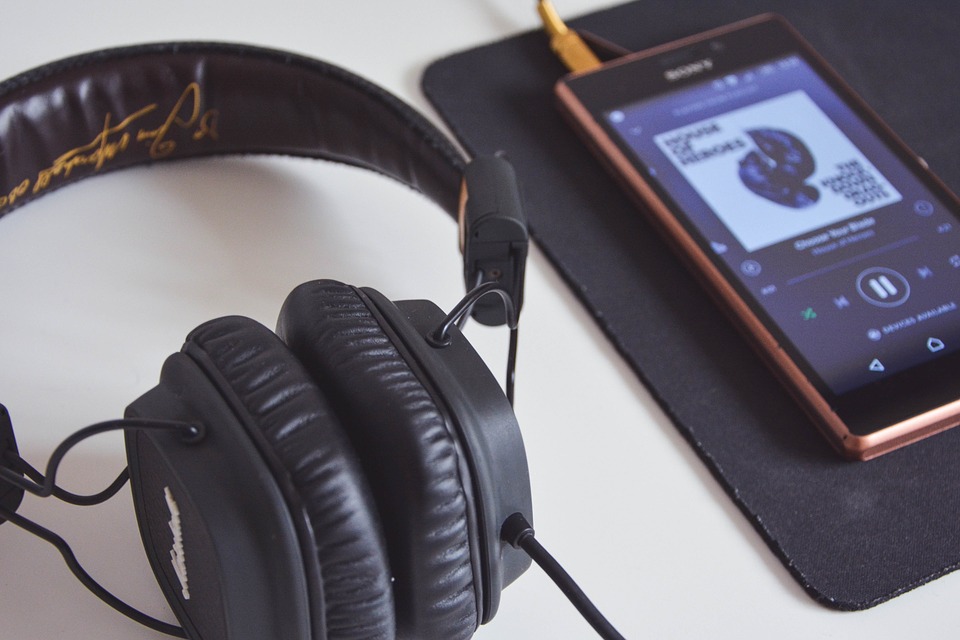
Nina Kraus, a biologist at Northwestern University, has researched the way sound affects the brain for most of her career, fascinated by the way that sound shapes the way a person learns. While working in Northwestern’s Auditory Neuroscience Lab, the biologist and her co-workers have discovered that a person can be identified with a reading issue as young as three years old just by measuring how their ear responds to sounds.
Kraus has learned that the brain’s response to sound in children as young as three is predictive of their ability to read. Her lab can also identify those children who are likely to struggle to read before those kids show signs of the language disorder.
There are also other factors that are associated with learning and auditory problems. Chronic background noise can be a deterrent to learning and can slow auditory growth. Children whose parents or guardians read aloud to them from an early age build their vocabulary and working memory. Playing musical instruments and listening to audio books can strengthen language skill, while learning a second language and being technologically savvy can also improve your reading skills.
Key Takeaways:
1
Nina Kraus, a biologist at Northwestern University, has spent the better part of her professional career researching how sound affects the brain.
2
Kraus has learned that the brain’s response to sound in children as young as three is predictive of their ability to read.
3
This kind of forecasting, Kraus said, could help schools and parents direct resources where they’re needed most.
Read the full article here:
http://www.readingrockets.org/news/what-types-sound-experiences-enable-children-learn-best
http://www.readingrockets.org/news/what-types-sound-experiences-enable-children-learn-best
Do You Need help with a Learning Difficulty?
Our simple online analysis will help you get to the core of the problem and find the right solution for you.
Understanding how to help someone with a learning difficulty starts with understanding which micro-skills are affected. When you learn which of the micro-skills is the problem, you will then be on your way to solving it.
You'll also learn how to:
- Build confidence
- Enhance Learning ability
- Eliminate avoidance
- Build grit
You can get this analysis for free by filling out this simple form. This will help you get to the bottom of a learning difficulty and provide you with a solution. If you are ready to put this problem behind you click the button below and fill out the form.










